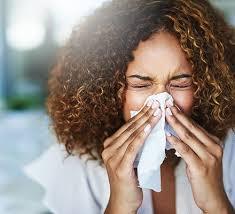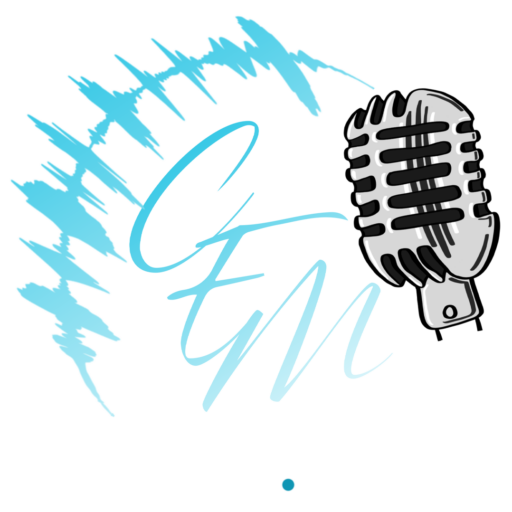Voice Care During Allergy Season
Posted at 05 Apr 09:54h
in Uncategorized
Spring brings blossoming flowers, warmer weather—and for many singers, a surge in allergy symptoms that can wreak havoc on the voice. Pollen, a major seasonal allergen, can irritate the respiratory tract, dry out the vocal folds, and lead to inflammation, congestion, or postnasal drip. For vocalists, these symptoms aren’t just annoying—they can be career-threatening.

Here’s how singers can protect their most valuable instrument during allergy season:
- Stay Hydrated—Inside and Out
Pollen can dry out your throat and increase mucus production. Hydration keeps your vocal folds supple and helps flush allergens out of your system. Aim for drinking enough water that you experience frequent and pale yellow urination. Also consider using a personal steamer to loosen nasal congestion or humidifier or nebulizer to maintain vocal fold moisture. - Use Allergy Medications Wisely
While antihistamines can relieve allergy symptoms, many are drying to the voice. Look for “non-drowsy” or second-generation antihistamines (like cetirizine or loratadine) which tend to be less drying. Always consult your doctor when changing or adding any medication to your regimen. - Rinse Away Allergens
Use saline nasal rinses (like a neti pot or squeeze bottle) to clear pollen and mucus from your sinuses. This can reduce postnasal drip and nasal congestion, both of which negatively affect vocal resonance and control. - Warm Up and Cool Down Gently
During allergy season, your voice may be more vulnerable. Begin your vocal warm-ups gently and gradually. Pay extra attention to your body’s signals—hoarseness, fatigue, or throat discomfort means it’s time to change tactics. Resonant Voice Exercises are especially helpful and soothing to tired voices. If you’re not familiar with Resonant Voice Exercises, get in touch with Camiah Mingorance today. - Avoid Outdoor Singing When Pollen Counts Are High
Check daily pollen forecasts and limit outdoor exposure when counts are high. If you must be outside, wear sunglasses and a hat to reduce pollen contact and change clothes when you get home. - Keep Indoor Air Clean
Use HEPA air purifiers and keep windows closed during peak pollen hours (usually early morning). Regularly clean air filters, vacuum often, and wash bedding frequently to limit indoor pollen exposure. - See a Specialist If Needed
If allergy symptoms or voice changes persist, consult an allergist and a laryngologist. A team approach can help you manage symptoms while preserving vocal health.

Final Thought: Spring doesn’t have to be a season of struggle. With the right precautions and vocal care, singers can thrive—even when the pollen count is sky-high. Protect your voice today so you can keep singing tomorrow. As always, CEM Music Studio is here to help you care for your voice and reach your full vocal potential.

